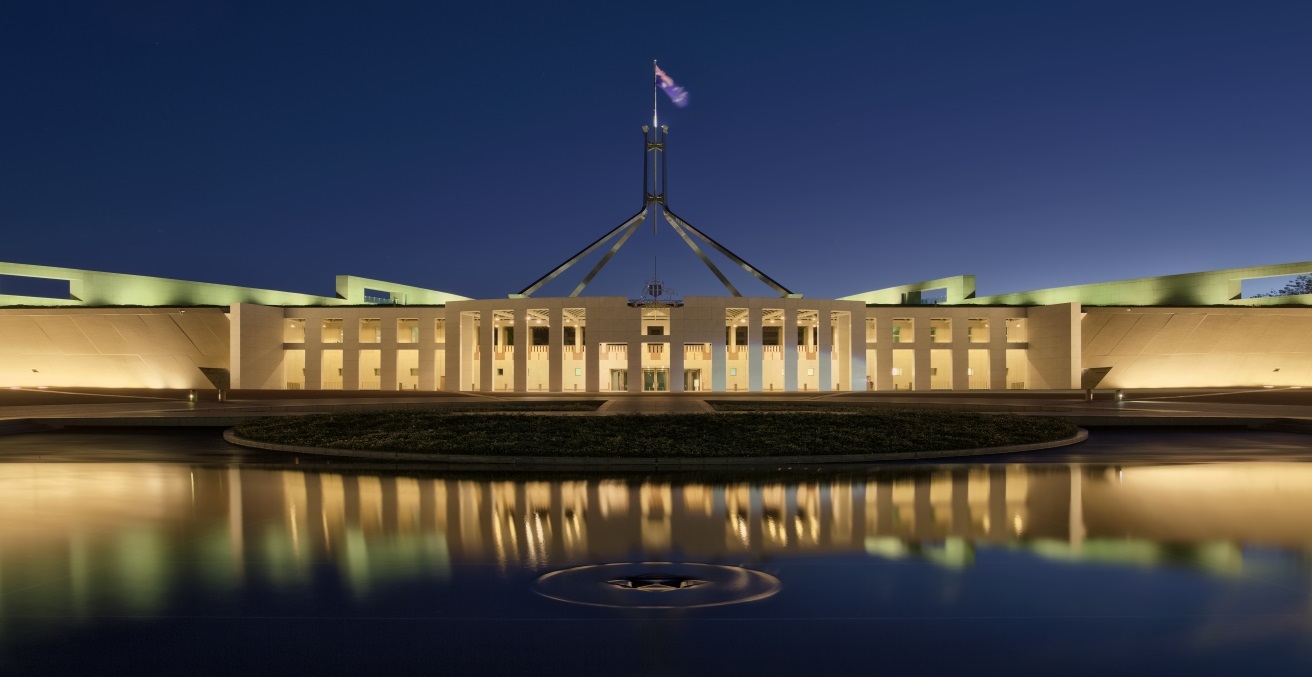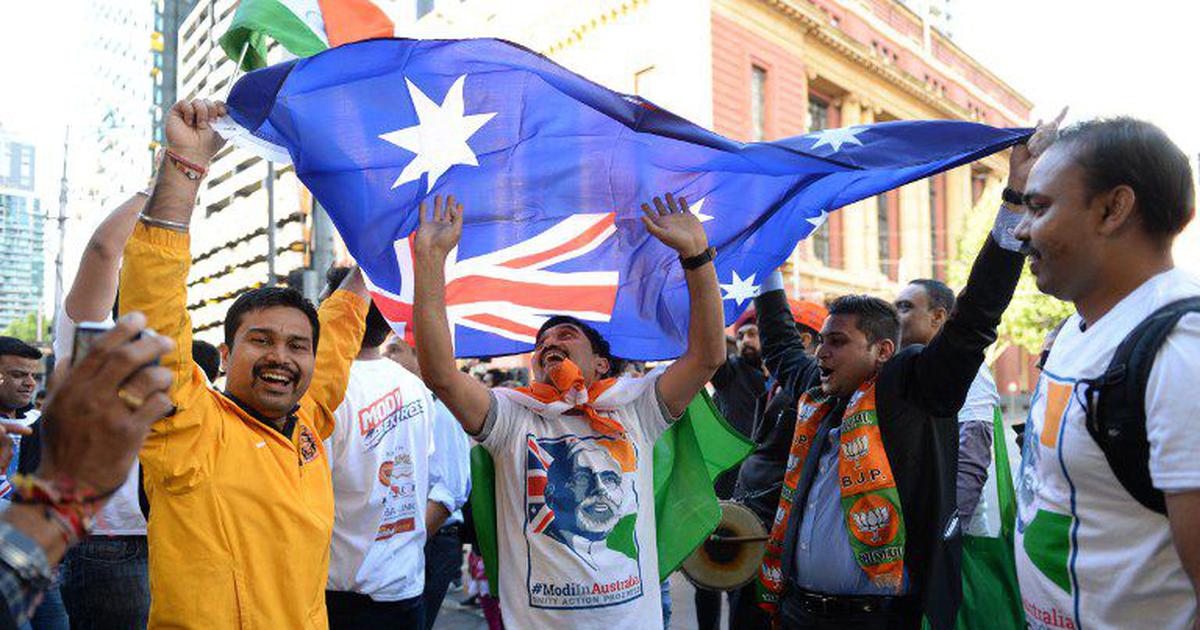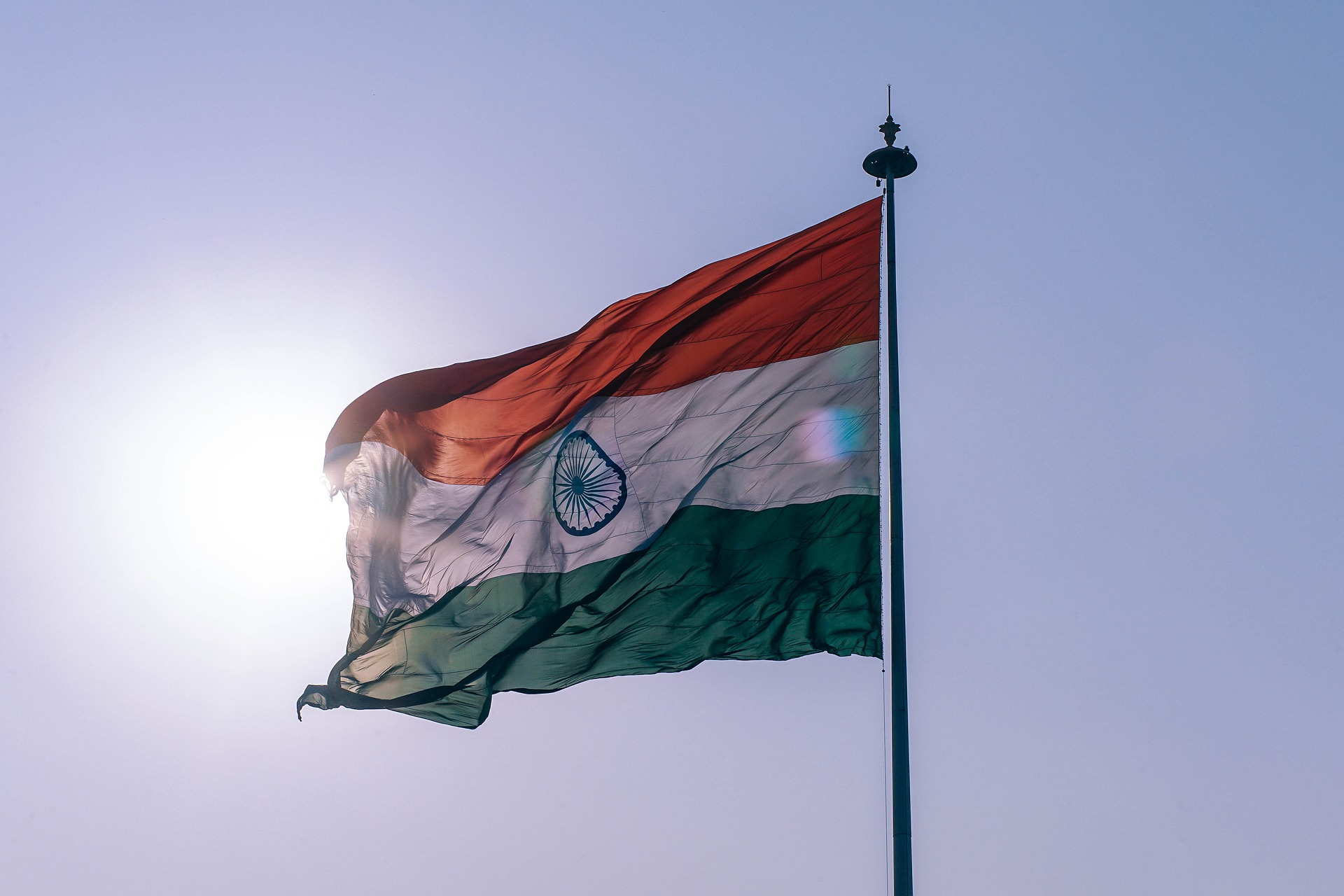The bilateral relationship between Indonesia and Australia is often described as unique. Twenty years ago, the Bali bombings presented a significant challenge to the relationship, but ultimately led to closer cooperation on counterterrorism.
The Australia-Indonesia relationship promises many opportunities for cooperation, but it is also characterised by challenges, like differences in culture, development progress, and political orientation. However, in general, Indonesia-Australia relations are on good terms, and bilateral cooperation continues to improve. Terrorism is an issue that has long complicated the relationship. Both nations are aware that a violent actor based in Indonesia, Jemaah Islamiyah (JI), was responsible for several past incidents, including the 2002 and 2005 Bali bombings, the 2003 and 2009 Mega Kuningan bombings, and the 2004 bombing of the Australian Embassy in Jakarta. The biggest of these incidents occurred on 12 October 2002, when bombs exploded at Paddy’s Pub and Sari Club in Legian, Kuta, Badung, and on the sidewalk near the United States Consulate General’s Office in Renon, Denpasar. The terror left 202 people dead, including 164 foreign nationals, half of whom were Australian citizens, and 38 Indonesians, with 209 people injured. The incident continues to leave deep scars on the victims’ families in Australia and Indonesia. On 12 October2022, the 20th anniversary of the attack, memorial ceremonies were held in Bali, Canberra, and elsewhere in Indonesia and Australia.
The Bali bombing tragedy initiated a series of efforts from both the governments at the policy level and within civil society to improve relations and reduce the challenges posed by terrorism. After the Bali bombing, Indonesia’s counterterrorism responses improved, with the understanding that terrorism causes not only loss of lives but economic damage as well. The success of the Bali Bombing investigation was supported internationally with key input by Australian authorities. Densus 88, Indonesia’s anti-terror police, arrested those behind the series of attacks.
Accordingly, Australia has shown consistency in its commitment to Indonesia and other Southeast Asian partner states to combat terrorism and create a more stable and prosperous region. The activities included supporting capability development and capacity-building initiatives across the region while reinforcing bilateral engagements. The Australian government, as stated in the Joint Ministerial Statement on Counter-Terrorism, supported boosting aid to track the flow of terrorist funds, improving the security of tourism sites, and strengthening the capacity of the Indonesian police to deal with terrorists and transnational crimes. The Jakarta Centre for Law Enforcement Cooperation was formed in 2004 as a result of a bilateral agreement between the Australian Federal Police (AFP) and the Indonesian National Police. As of 2018, more than 20,000 officials from more than 70 nations had received training at the centre.
In the last five years, the changing landscape of terrorism has shifted from on-site to online. Australia and Indonesia have since realised the need to adopt greater preventative measures. Likewise, both countries have considered the implications of spillover effects since the emergence ISIS, which was responsible for an increase in the recruitment of civilians – including women and family units – to other regions. Working with law enforcement organisations in Southeast Asia, the AFP has conducted several multilateral counterterrorism and prevention and countering of violent extremism (P/CVE) discussions.
Following the UN Secretary General’s Plan of Action to prevent Violent Extremism in May 2015, countries have started to adopt P/CVE policies. To this, Australia and Indonesia,-a prominent leader and member of ASEAN, joined several sub-regional coordination mechanisms, such as the Counterterrorism Conference that was part of the 2018 ASEAN-Australia Summit, to respond to the return of foreign terrorist fighters. In 2021, Australia and Indonesia signed a joint communique underlining their shared dedication to enhancing bilateral collaboration to combat threats to security. In April 2022, the National Counterterrorism Agency (BNPT), together with the Australian Department of Foreign Affairs and Trade (DFAT), held the 8th meeting of the Bilateral Consultation on Indonesia-Australia Counter-Terrorism Cooperation in Sydney. The delegates discussed trends in global threats of regional and domestic scope, the future agenda of the Australia-Indonesia Partnership for Justice (AIPJ), and addressed the national and bilateral priorities in counterterrorism. In July 2022, the Australian Ministry of Home Affairs and the Directorate of Bilateral Cooperation, Deputy for International Cooperation held hybrid Australia-Indonesia Dialogues on P/CVE in Bali and Canberra.
Aside from these Track I diplomatic efforts, Indonesia and Australia have developed Track III mechanisms to discuss P/CVE issues where women-led civil society organisations and academics participate in consultations. This process has contributed to greater comprehension about the do-no-harm approach and has helped integrate gender-based responses in P/CVE policy formulation. The Surabaya bombing in May 2018 triggered discussion about the roles of women in P/CVE among women-led civil society organisations (CSO). These bombings both shocked the world and became a catalyst for greater shared concern between the Australia and Indonesia. As an example, through the AIPJ, Australia supported the excellent networks of Indonesia’s CSOs to prevent violent extremism while promoting gender mainstreaming. On another occasion, the Gender, Peace and Security Centre of Monash University invited a representative from the Asian Muslim Action Network Indonesia to discuss the future Women, Peace and Security agenda, which accommodates P/CVE.
As it stands, communities across Australia and Indonesia have agreed they do not want to experience another terror incident. Australia and Indonesia are continuously monitoring the development of the condition in Al Howl Camp in Syria, where several Australian and Indonesian women and children are sheltered. The two countries are also facing challenging political questions regarding the returnees. To this, both countries have agreed to develop technical cooperation on the issue of online radicalisation, issues regarding women, children, and youth, and terrorism financing, especially the misuse of digital technology.
In conclusion, dialogue can shape the continuance of strategic government-to-government (Track I) cooperation to combat terrorism. A comprehensive strategic partnership so far has framed the bilateral relationship between Australia and Indonesia in this area. The concept works as a point of departure so the two nations can cultivate a value-based approach in collaboration, such as in approaches to P/CVE. When discussing shared values for addressing extremism, Australia may learn from Indonesia’s National Action Plan for P/CVE that Leads to Terrorism, which demonstrates collective leadership and the meaningful participation of women-led CSOs in the formulation process. Lastly, the constructive bilateral partnership is expected to enable avenues to promote and manifest peace in the Asia-Pacific region.
Irine Hiraswari Gayatri is a PhD Candidate at the Gender, Peace and Security Centre Monash University.
This article is published under a Creative Commons License and may be republished with attribution.




